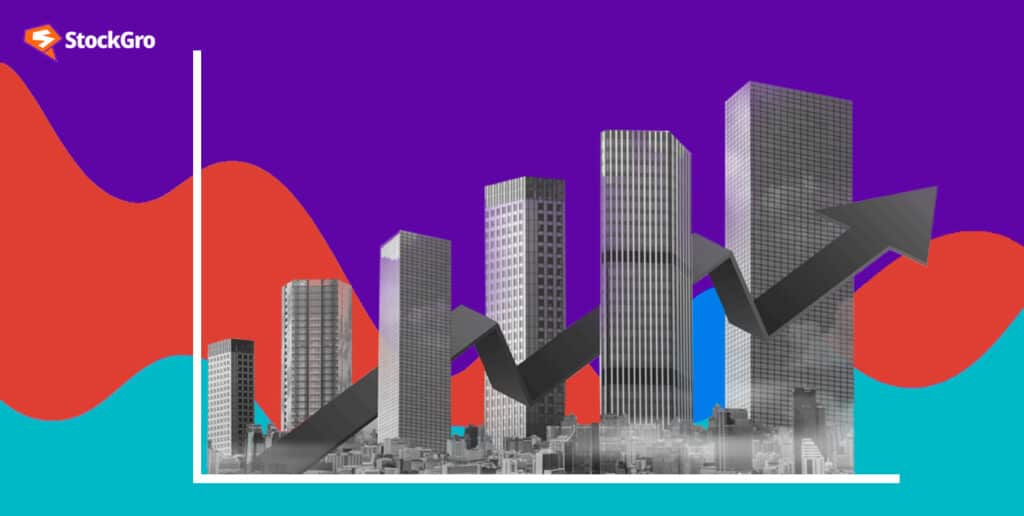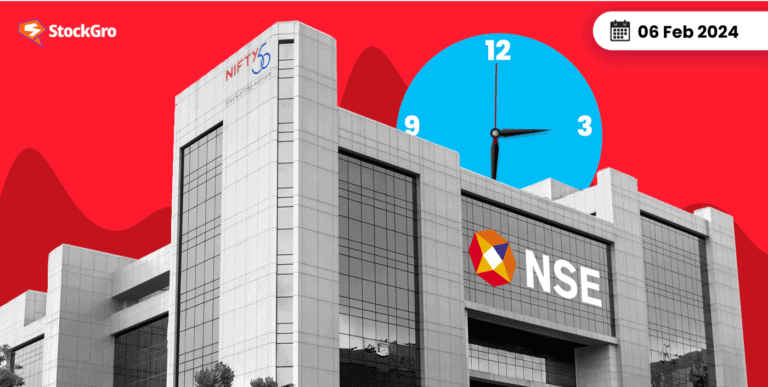
The gig economy is a free-market system. Here businesses frequently use independent contractors for short-term projects and temporary positions. It provides the freedom and independence that regular employment frequently does not. However, the independence that comes with freelancing is accompanied by certain financial challenges.
Gig workers benefit from independence and flexibility but have little to no job security. A “gig” is a colloquial phrase for a temporary work assignment. Musicians have historically used this term to describe a performance engagement. Harvard Business Review claims that Tina Brown, a former editor of The New Yorker, first used the phrase “gig economy” in 2009.
Gig economy in the current time
The global economy is currently undergoing a period of transition. Be it a work pattern or its financial model, a flow of continuous changes is noticed worldwide. For example, even 4 years ago, office culture was very relevant. But then the pandemic occurred, and suddenly, everything shifted from office to work from home.
And now, even after that phase is gone, the work-from-home culture is not only co-existing but more accepted among workers and a huge number of companies. This was just an example to put an image of how the economy, financial structures and landscapes are going through a transition phase right now.
You may also like: Creating multiple streams of income
About Gig Economy
The gig economy is defined by the predominance of freelance or contract-based work and it is the total opposite of full-time employment. The rise of non-traditional work arrangements allows people to work when, and how they want. This structure also provides them with a desirable work-life balance. However, managing finances in the gig economy is a challenging endeavour.
One major financial obstacle that gig workers face is the inconsistency of their revenue. As this is not a permanent job with a particular salary, there can be a time gap between finding jobs. So, there can be a period of no earnings. This instability in earnings is a huge challenge for gig workers.
Benefits for the company
The benefits of the gig economy for the company are listed below.
Cost cutting
The potential financial savings is one of the reasons to enter the gig economy. Since firms are spared the expenditures of full-time employee benefits and onboarding, freelancers are typically less expensive than other workers.
Flexibility
By simply hiring the amount of assistance that is necessary, gig workers help businesses avoid the high costs associated with maintaining a permanent workforce. Employers may quickly adjust the size and makeup of their workforce to meet changing market demands, making better use of the resources at hand.
This flexibility eliminates the need for long-term job commitments and related costs, resulting in significant cost savings. Furthermore, the flexibility provided by the gig economy enables businesses to react quickly to changes in the market.
Wide range of talent hiring
Businesses that capitalize on the gig economy have easy access to a vast pool of highly flexible labour. Additionally, businesses can locate competent freelancers to fill unfilled positions with ease thanks to the gig economy.
In the gig economy, companies can choose to employ workers with different skill levels and ages to do a variety of jobs. Gig economy workers often come from a varied range of backgrounds, which could lead to greater innovation and ideas in business.
Also Read: Balancing a full-time job and a side hustle
Fewer formalities
Tax implications of gig work are very low as the worker is not permanent. The financial implications of gig work are also very simple for the same. This leads to fewer legal formalities.
Benefits for workers
The benefits of the gig economy for the workers are outlined below.
Flexibility
Since they mostly work for themselves, gig workers have more flexibility about their work hours and compensation rates. They can choose to set their hours or work a traditional nine-to-five schedule.
Furthermore, gig workers might be able to work remotely with more flexibility. Those who live somewhere other than where their clients live, desire to work from home or must stay at home to care for family members may find this helpful.
Added income
If side gig financial management can be managed properly, then gig workers can leave behind fixed earnings and embrace a world of limitless earning potential thanks to the gig economy.
More income opportunities are made available by the gig economy, allowing people to maximize their earnings, achieve financial independence, and even launch their own companies. The gig economy also gives people who currently have full- or part-time jobs a way to generate more money, as does it for students who want to make extra money while they are in school.
Drawbacks of the Gig Economy
Despite the advantages, there are some distinct drawbacks of the gig economy as briefed below.
No pension
In the gig economy, retirement planning for freelancers takes on a certain colour. Gig workers are on their own, whereas those in traditional employment frequently have access to employer-sponsored retirement funds. It becomes essential to make consistent contributions to self-initiated retirement savings schemes.
According to research, about a mere 25% of gig workers engage in a retirement savings plan, underscoring the need for retirement planning awareness among this particular workforce.
No insurance coverage
Another one of the gig economy’s financial challenges is health insurance. The benefit of employer-sponsored health insurance is frequently enjoyed by traditional employees. On the other hand, gig workers are required to obtain their insurance on their own. Sufficient insurance coverage is essential due to the high cost of healthcare to avoid major financial losses.
Also Read: Passive income ideas for financial freedom
Gig Economy’s financial landscape in today’s scenario
Despite the uncertain times, nearly half of the freelancers surveyed said that there was a rise in demand for their services. Nonetheless, nearly one-third of the labourers experienced a decline in demand, eloquently illustrating the inherent income volatility associated with this employment style.
The way gig workers are trying to manage the instability
To counteract inconsistent income, gig economy financial strategies should be very particular for the workers. Gig workers need to put aggressive savings plans into place while earnings are strong. Managing gig economy earnings should be very strict.
An emergency savings account becomes a crucial safety measure. Having three to six months’ worth of living expenses saved for emergencies, a fund covering six to nine months is a must in the gig economy. Financial planning for freelancers and freelancer income management is a must for workers to balance the gig economy and personal finance.
If this growth is sustainable or not
Technology has developed into a vital tool for independent contractors. Fintech apps make tracking income and expenses, investing, and budgeting easier. Almost half of the digital gig workers use online financial management tools to help them manage their finances.
The way, our world is approaching technology day by day and the advantage that employers are getting from the gig economy, suggests this growth of the gig economy is a sustainable one.
Key takeaways
The gig economy offers previously unheard-of cash prospects in addition to many difficulties. One such effective tactic is income stream diversification. Because gig employment offers flexibility, people can work many jobs at once, which lowers the financial risk of relying on a single source of income. However, due to the lack of financial stability in the gig economy, savings for gig workers in gig economy budgeting is a very important factor to keep in mind.
Even though the gig economy offers flexibility and independence, it also makes personal finance more proactive. Conventional financial planning techniques need to change to account for gig workers’ sporadic income and independence. Those working in the gig economy can overcome these obstacles and succeed in this new work environment by combining financial technology, gig economy investment tips, strategic investing, independent contractor finances and disciplined saving.

